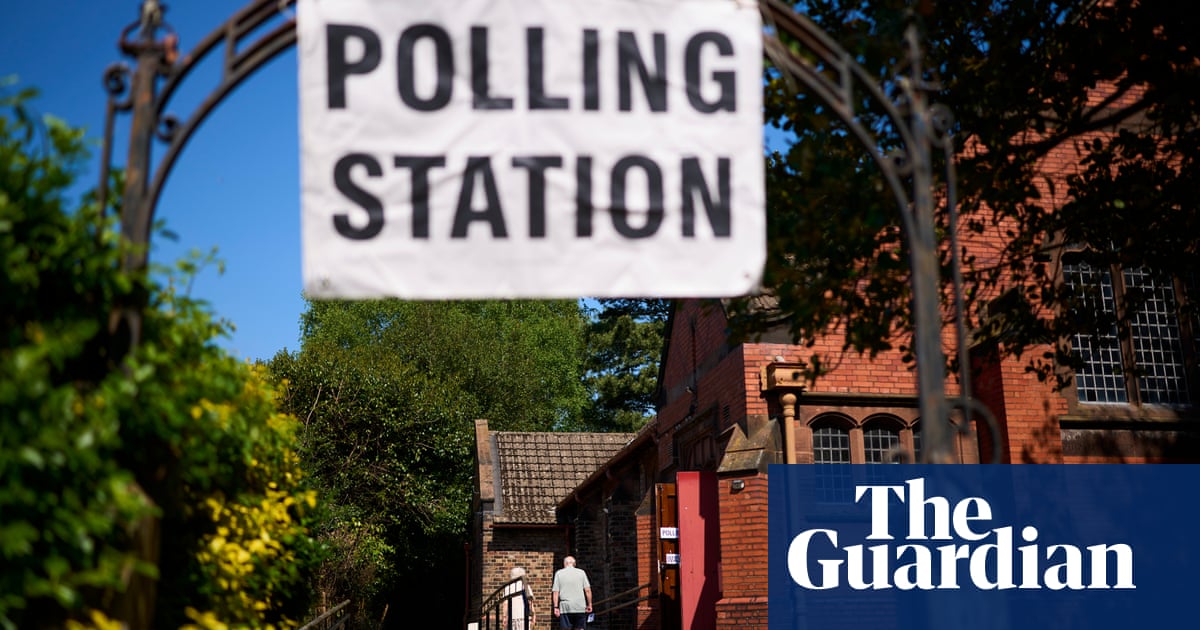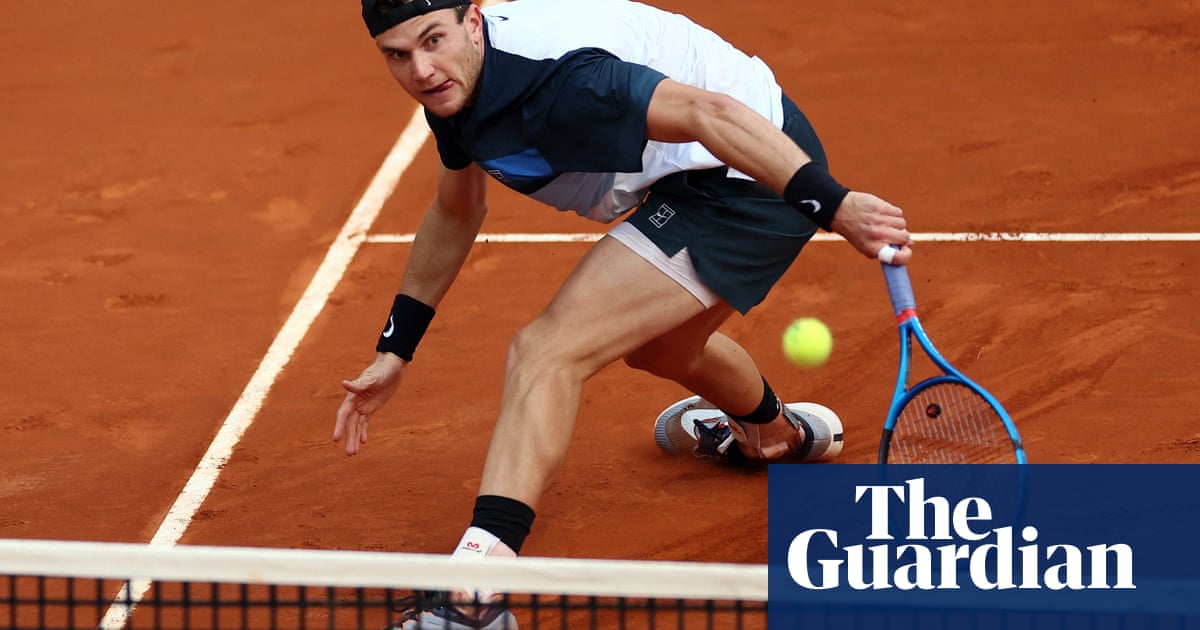Does a worm feel pain if it gets trodden on? Does a fly ache when its wings are pulled off? Is an ant happy when it finds a food source? If so, they may be sentient beings, which means they can “feel”, a bit or a lot, like we do.
Invertebrate sentience is becoming an ever livelier topic of debate and with new science we are getting new insights. But Dr Andrew Crump at the Royal Veterinary College, who helped ensure that new UK laws recognising animal sentience were amended to include large cephalopod molluscs and decapod crustaceans – octopuses, lobsters, crabs to you and me – says this is not at all straightforward.
Nervous systems are hugely complex, and identifying consciousness and sentience – and not just automatic pain reflexes – is hard. Are responses or reactions you see from an animal – be it a wolf or a wolf ant – feelings or just automatic reflexes? Crump and his colleagues found that bees, for example, were not simple stimulus-response robots, but reacted to stimuli in sophisticated, context-dependent ways. They were found to learn colour cues for their decisions on feeding – choosing painful overheated sugars they previously avoided when non-heated options had a low sugar concentration. So they made trade-offs by processing in the brain then modifying their behaviour.
In fact, new research has shown that many responses in the larger invertebrates were complex, long-lasting, and pretty consistent with criteria for pain that had been produced initially for vertebrates such as rats. Octopuses, for example, can perform amazing feats of learning to avoid painful environments and choose painkilling environments. All this establishes and quantifies “feelings” in beings that are very different from us.
The work of Crump and other scientists meant that the Animal Welfare (Sentience) Act 2022 recognised for the first time in UK law (vertebrate sentience was previously covered by EU regulation) that certain invertebrates can “feel”, requiring modifications to their treatment in areas such as farming and research.
But what does this mean for the many trillions of smaller invertebrates? Nothing yet.
We are never going to stop all human impact on invertebrates; it is an impossible task given that we are 8 billion destructive, extractive bulls in the china shop of their ecosystems and have for centuries relied on the protein from eating wild invertebrates around the globe. But new industrial bug farming – rearing creatures such as prawns, bees and black soldier flies to be used as protein for humans and farm animals – needs attention. A huge new industrial livestock system is growing in developed countries. Are they rearing and slaughtering the animals humanely?
We have created laws to protect other beings such as cows and chickens. Why not give the smaller ones some protection too? Clearly it is time for a broader law on the sentience of all invertebrates. No one can really know how a bee feels when it is starving. Or how a butterfly senses heat. But setting criteria or markers to measure “feelings” has worked for octopuses, so hopefully it will for the extraordinarily diverse smaller invertebrates.
Experts are now building up the evidence, taking it far further than our amateur, human experience can guess at. A new paper in the journal Science describes how these markers have been found in insects, indicating that there could be conscious experiences, ie “feelings”. And it is not just about pain – researchers are also attempting to develop such markers for joy. Ideally, new laws would lead to genuine improvements in farmed invertebrate welfare in the UK and abroad and should ensure animal sentience is accounted for throughout policy and decision making.
Yet, however far the science gets us, we could use the precautionary principle: we could assume it is possible that invertebrates have feelings, however differently they may be crafted by the millions of years of evolution they went through before we arrived.
As Tolstoy said: “If you feel pain, you are alive. If you feel other people’s pain, you are a human being.” Just replace the word “people’s” with “beings’” so it is all others’ pain. We should always ensure, at the very least, that we have the highest welfare approaches in rearing and slaughter for these fantastic animals. I suspect, for most of us, it feels like the right thing to do.
after newsletter promotion
Vicki Hird is the author of Rebugging the Planet
Send us your nominated species
You can tell us which species you would like to nominate by filling in the form below.
Please share your story if you are 18 or over, anonymously if you wish. For more information please see our terms of service and privacy policy.
Your responses, which can be anonymous, are secure as the form is encrypted and only the Guardian has access to your contributions. We will only use the data you provide us for the purpose of the feature and we will delete any personal data when we no longer require it for this purpose. For true anonymity please use our SecureDrop service instead.

.png) 2 months ago
23
2 months ago
23













































